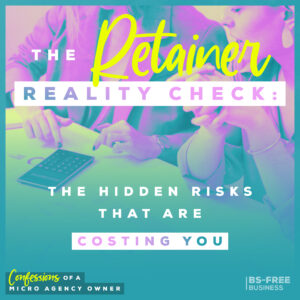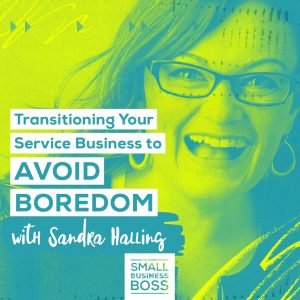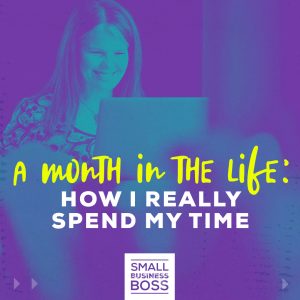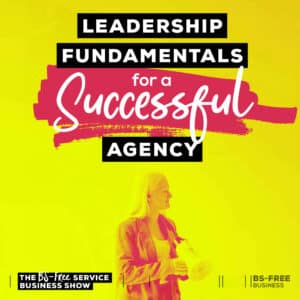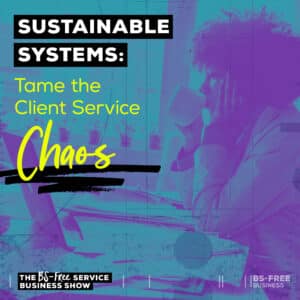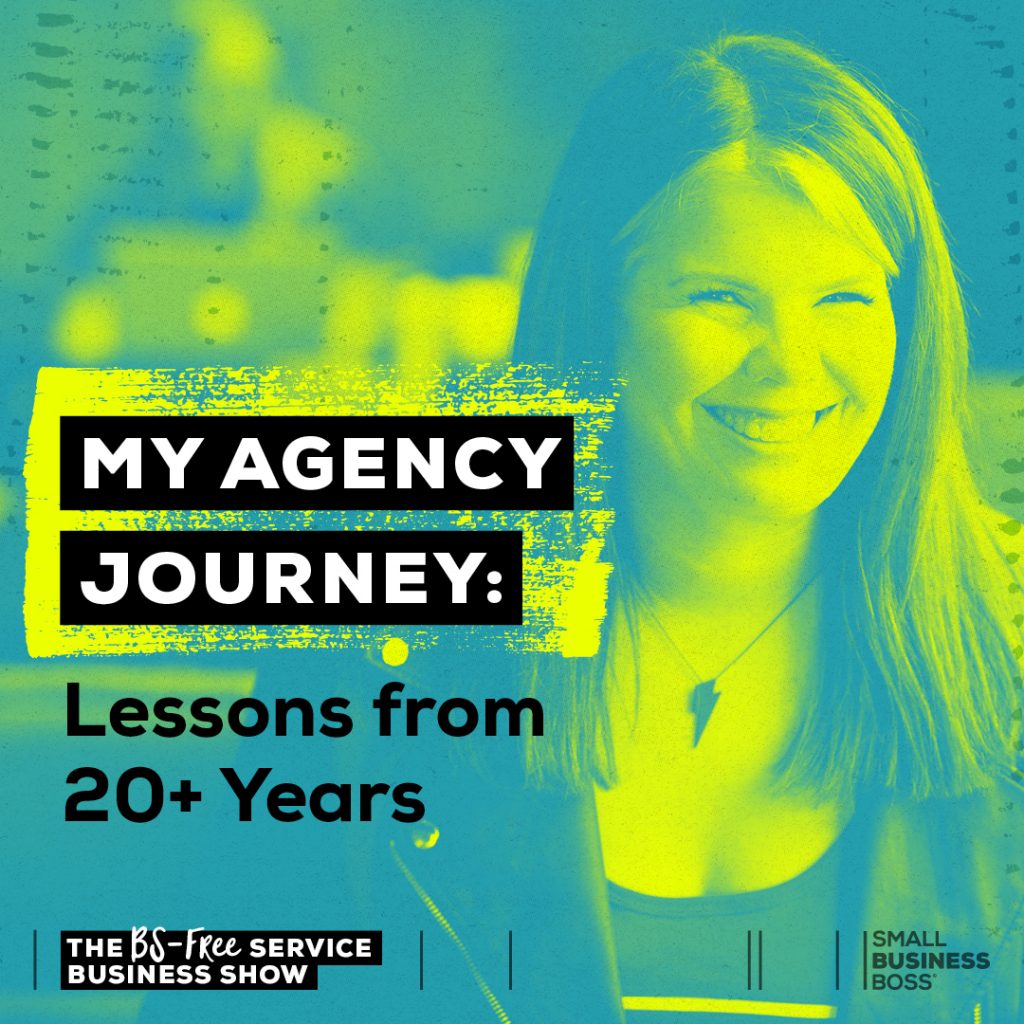
Search the site:
My Agency Journey
When I first started my career right out of college, the agency model had a reputation for chewing people up and spitting them out. Yet, more than 20 years later, here I am. In this episode of the show, I’m taking you on my agency journey which has been over 20 years in the making. The twists, the turns, the lessons and how everything agency has changed.
When I started out in PR in the late 90s, it was seen as a pretty glam career choice. After all, isn’t PR the job that everyone in the movies and TV does and it comes with an expense account and a million perks?
My two jobs right after graduation were anything but. So when a friend mentioned the PR agency she worked at was hiring, I couldn’t send them my resume and cover letter fast enough. Especially as I’d literally been offered the same job a year before, and I wasn’t confident enough to go for it.
My PR Agency Days
The agency I joined was a small but fast-growing PR agency working with tech companies. I realize now that while it was intense, it was the best possible experience I could have gained at that stage of my career. I was given opportunities to grow, work with big brands and learn everything there was to know about running an agency.
Over the course of five years, I worked my way up, going from a coordinator to a director role. In the time I was there, the agency grew exponentially, and that meant I got to see all the ins and outs, not just about doing PR, but in how to scale a service-based business.
To this day, I’m grateful for that opportunity and everything it’s enabled me to do since. But once I had my son, I knew it was time to make a change.
While I loved my job and the people I worked with, and yes, most of my clients, it was the natural time for me to step out on my own. With the travel my role required, along with the long days, plus my nearly two hour a day commute, I wanted a different life.
I quit my agency job with a plan that I had to replace my salary within four months, and that I wasn’t ever going to manage people again.
The Freelance Years
I managed to replace my salary within two months, and I was well on my way with my freelance business. It’s worth noting here that I had a great network of past clients and collaborators that were willing and able to work with me. I’m the first to admit my results are definitely not typical!
One thing I realized as soon as I started running my business is how my years in agency gave me skill sets that other freelancers didn’t always have. I knew how to find clients (as this was part of my job the last two years in agency), write proposals, close the sale and keep clients happy.
In my first three or four years as a freelancer, I worked with numerous agencies as a subcontractor. Many times they didn’t have PR capabilities in-house so they’d bring me in as part of the account team. In other cases, the agencies relied completely on freelancers to deliver for clients.
Let me tell you, this was an education. I saw a lot of things that really shaped my viewpoint about what’s good and bad about agencies. I discovered that my experiences in my full-time agency gig weren’t typical, and that in many cases there was little regard for the well-being of the freelancer. It made for some situations that I definitely didn’t expect.
In one case, a startup agency owner tried to screw me over by wanting to limit my ability to freelance outside of working for his business. He wanted exclusivity and to take a large percentage of my billable rate. Frankly, this was so exploitative that it opened my eyes up to how not every agency is the same.
In another case, I was the long-term PR partner for an established local agency with an outstanding client list. Through my collaboration with them, I learned new ways of doing things within that business model.
I could go on and on, but I had more negative experiences than positive ones working for other agencies. So after a couple years, I did everything in my power to not have to work in this model.
That said, all these years later, I’m glad I had those experiences. I’ve been able to develop a much broader perspective when it comes to the agency business model.
Do I Want to Run an Agency?
Back in 2013, I made a significant pivot in my business going from working with corporate clients to entrepreneurs. I made this change as I was new to the online business world and working with these types of businesses seemed fresh and exciting. (Oh, what I would learn!)
Within a year, I found that I had more work than I could possibly handle. I was faced with a choice. I had to either start to turn away clients or hire help.
Very tentatively I started to work with contractors, and with some trial and error, I saw how it could work. At this point, I was running what I’d call a hybrid agency, where I was still the face of the business, and we operated under my name, but it was more than me delivering the work.
In late 2014, I started considering my next steps, and I started talking to one of my contractors, Brittany, who was the perfect complement to my skills. After much consideration, we decided to join forces and launch a full-service digital marketing agency.
My Agency is Born
Following many, many months of planning, and figuring out how to join forces, we launched Scoop Studios in January of 2016 with big plans, and a whole lot of clients.
Under the Scoop banner we served clients in the online business market, offering everything from websites to launch support. And this is where the real learning began.
First, we learned that bringing together our two client lists didn’t automatically mean double the revenue. While cross selling was happening, we had significant overhead as we needed multiple skill sets required to deliver our services.
Then, by mid-2017, we were ready to stop working with entrepreneurs and decided to explore working with small businesses, as well as more corporate clients. Along the way, we learned a lot about refining our service offering and eventually decided to focus on B2B corporate clients, and to narrow down what we did for clients.
This is the main reason that I’m not a fan of having too broad of a service offering, as the more you offer, the more demanding it can be. The full service model can work, but it brings with it some definite challenges.
Fast forward to early 2018, and we’d confirmed a lot of our assumptions. We were in transition to focusing on content marketing services, and working with tech and professional services companies.
It was in that time period my business partner decided to exit the business, and the next phase of Scoop was born.
Scoop Studios Doubles Down on Content Production
With Brittany’s departure, I opted to accelerate many of the decisions we were in the process of executing on. We let go of all of our clients who only wanted support on the tech side (with email marketing and websites), and went all in on content marketing, particularly content production.
Honestly, the first few months with this new approach, and flying solo, were bumpy. I know now it was worth it. Letting go of clients, revenue, team members and so on wasn’t easy, but it was necessary to getting to a simpler, more sustainable version of our agency.
The move into being a true micro agency with a very specific set of services was truly the best move I could have made. While losing a partner was painful at the time, it helped force my hand in terms of the vision and direction for Scoop.
Lessons from My Agency Journey
More than two years later, where are we now? That’s exactly what I’m going to talk about in next week’s episode, but before we wrap up, I wanted to share a few lessons from my agency journey to consider for your business.
More Isn’t Better
If you’re considering growing your business using the agency model, think about why you want to do it, and spend time getting clear on what the vision and direction is for the agency. It’s about a lot more than simply offering all the things. The more specific you can be from the type of client to the services you offer, the better.
People Over Profits
If you’re going to use subcontractors, the goal isn’t to extract the lowest possible rate from them for the work and for you to make as much markup as possible. The best subcontractor relationships will be a win-win for everyone, where they’re being valued and compensated in a way that works for them, and where you’re providing the service and deliverables your clients are looking for. The same applies to your employees. People need to be your priority if you want to have a business that’s in service of everyone.
Don’t Be Afraid to Evolve
One of my big reasons for doing this episode was to show how you can evolve and change many, many times along the way.
You can change your mind. You can change direction. What I started out with, and where I ended up are very different as I’ve followed my gut and not been afraid to go after new opportunities. The only constant has been change and I can’t wait to see what the next two or three years bring.
It’s Okay to Walk Away
Nothing you do is forever. Even the best client relationships, career opportunities or sometimes business partnerships should come to a natural end. As you can see, my journey has involved lots of ending and beginnings that required me to be okay with walking away from things that were not working for me.
There’s No One Way to Run Your Agency
While I’m the first to say the agency model isn’t for everyone, I also want everyone to know that there’s no one way to do it.
There’s a lot of room for experimentation with the business model, and no blueprint or roadmap is the exact way you must do it. If I’d confined myself to how I originally saw an agency being run, I’d have missed out on what I’m doing now.

I’m Maggie Patterson (she/her), and services businesses are my business.
I have 20+ years of experience with client services, am a consultant for agency owners, creatives, and consultants, and vocal advocate for humane business practices rooted in empathy, respect, and trust.
Read or Listen to the Latest
For Solo Business Owners

Growing a solo service business is tough.
It’s even harder when you’re bombarded with BS advice that steers you away from your values and why you started your business in the first place.
This is the podcast for solo creatives and consultants who want to remain as a team of one and have zero interest in the hustle and grind of typical business teachings.
Subscribe now and never miss an episode.
For Micro Agency Owners
Most podcasts for agency owners obsess over revenue growth as the ultimate success metric.

But here’s the truth: not everyone wants to make millions. Your goal might be to build a sustainable business that lets you have a life and doesn’t run you into the ground.
Join me as I spill my shameless confessions and share everything I’ve learned about building a micro agency that skips the BS of tired and typical agency teachings.
Follow Now on All Major Podcast Platforms
